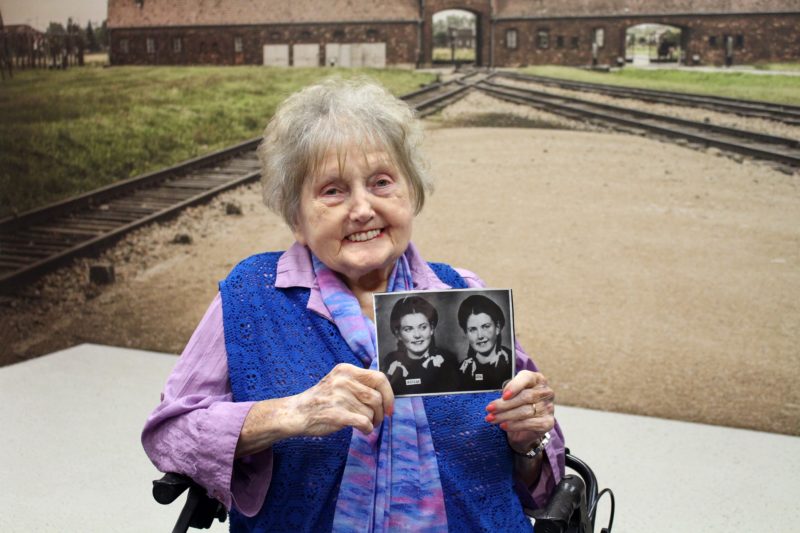
Eva Mozes Kor: The survivor who preached for forgiveness
Why did you not seek revenge?
“Because revenge creates a new victim. I did not want to hurt anybody. I didn’t think by hurting somebody, that would make me feel good. We usually pay revenge to people who did not, children of perpetrators, family members of perpetrators. How on earth does that teach anything except an eye for an eye a tooth for a tooth? I don’t think that chapter of the Bible should be remembered so well. I never wanted to hurt anybody. I hope that the survivors who are angry with me someday will realize that I will not change or go back to being a suffering victim, just because they have a problem with it. I consider myself a victorious survivor. To survive, I had to be victorious.”
From where did you find the strength to forgive Mengele?
“Once I realized that I had the power to forgive him, it was more important to me that I had power even over Mengele. I realized that I did not say it to him in person, and maybe saying it to him in person, would have not worked as well, because he would have maybe denounced me. Therefore, I think that forgiveness can be done in the privacy of your home, as long as you write it down and keep it in a drawer. The perpetrator might treat you with indifference. That is not helpful to the victim. This way you can feel victorious and you are free to enjoy life and be the person you were always meant to be, free from anger. Anger is a very nasty feeling and does not bring about anything good.”
Why do you think forgiving is so important? and why do you think some people have a problem with the fact that you had the courage to forgive?
“Because it clears the air for the survivor. The survivor doesn’t have to cope with the pain and the bad memories. You cannot go on remembering and remembering all the bad things. Remembering all the bad things creates a lot of pain and anger in the survivor. So that has been cleared. Also, it indicates clearly that the survivor does have some power over his or her life. That is very important to realize that we are not helpless anymore.
I don’t think I could have forgiven in Auschwitz. There are two things I dearly hold on to. The ability to survive and overcome difficulties. One is what I called in the battlefield of life and let’s say everybody is trying to kill me, there is no way that I can forgive. I am trying to survive. Survival and forgiveness do not go hand in hand. Survival comes first. There has to be a certain time past, from, survival to the feelings that I can forgive. I do not know what that time is, but maybe scientists should study that.
I think they do not want to understand. They have a very closed mind and do not want to understand that the victim does have some rights after the danger has passed. That does not prevent the victim from remembering. What I say is that each victim remembers, but that is remembering without suffering. They may think if I suffer, I want everyone to suffer. I cannot understand if I suffer, why the other victims suffer too. That is a very good question. You can remember, but not suffer. You have survived to enjoy life and you have the right to enjoy life. You do not betray the memory of your loved ones, because you remember them and you honor them. I don’t think in the minds of most people, tragedy has to forever be remembered as tragedy. Tragedy can be remembered as an event that happened, a sad event, but does not have to color the whole memory with anger and revenge. Human society should study that, because I think the reason we are in so much trouble is that everyone wants to get even for what happened. From my part, I am saying I have dedicated my life to talking about my experience and talking about forgiveness and the right of every victim in the best way they know. If they want to suffer, I feel sorry for them, but they have the right. I wish the suffering victims would not say I do not have the right to forgive and live without pain.”
